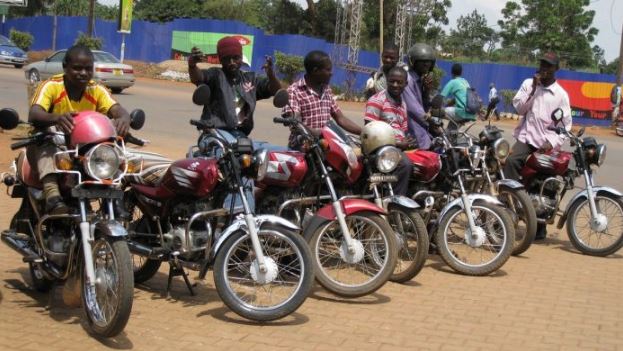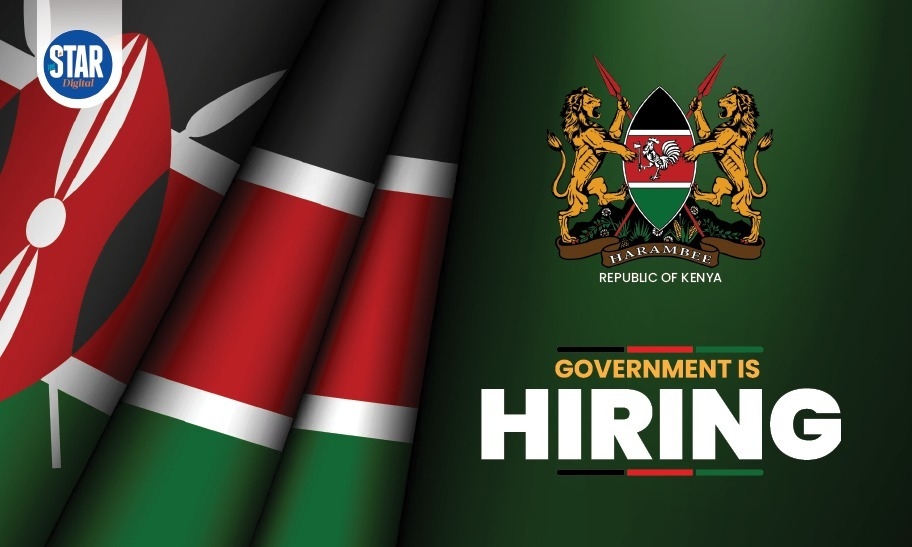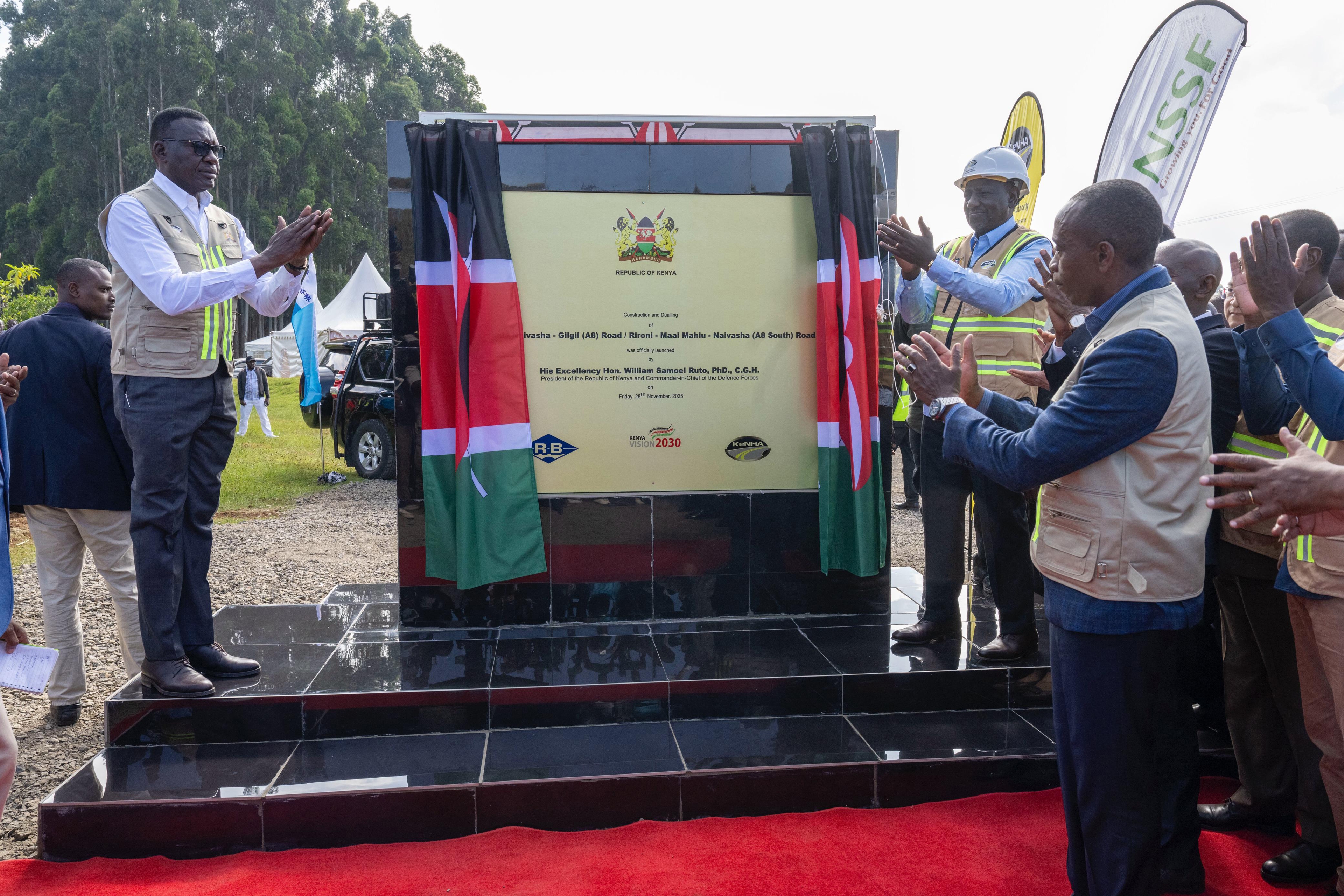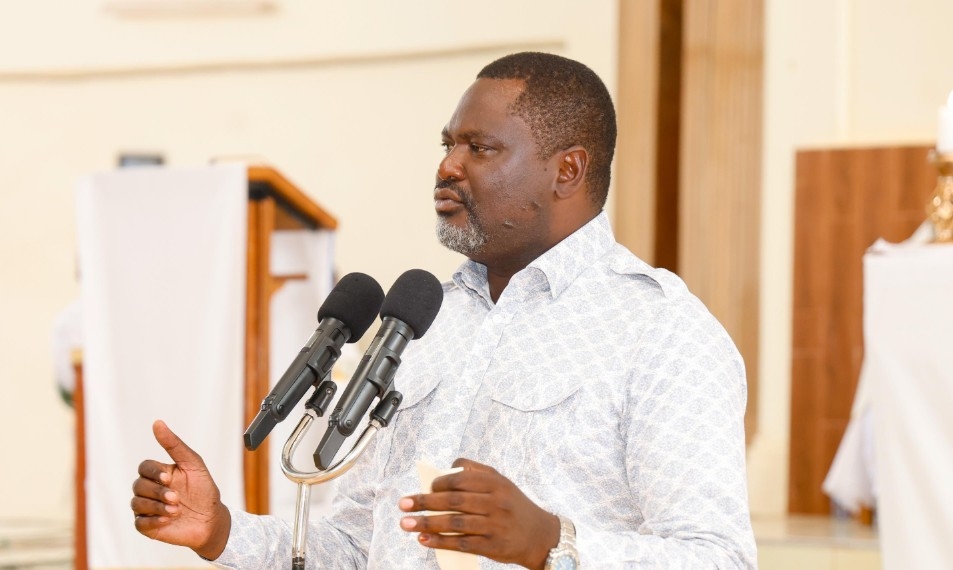
Various transport stakeholders, including bodaboda riders, met on November 11 for the Nairobi Matatu Summit and Expo to discuss how they can better serve the needs of Nairobi’s rapidly growing population.
During an exclusive interview with the Star, the bodaboda riders narrated the challenges they face in their push to transition to using electric motorbikes and other challenges at work.
Wensley Onguso, Chairman of Kenya Bodaboda Association in Dagoretti talked of various issues such as inadequate charging infrastructure and fuel and maintenance costs as a major issue.
Onguso, who works on one of the online transportation platforms, lamented the various challenges that come with limited battery range.
“Even if there were charging stations, many electric bikes have limited battery life; someone going to Kangundo may not have adequate range to work long hours or cover vast areas,” he said
Additionally, he talked about the upfront cost of switching from traditional petrol-powered motorcycles to electric bikes or more fuel-efficient models.
In many areas, especially in rural areas, the infrastructure for electric vehicles is lacking and riders would face long downtime or high costs to charge their bikes, making it an impractical choice.
“Many riders operate
in low-income brackets and cannot afford those expensive bikes, which often
come with limited financing options, unlike the fuel-powered bikes.”
Onguso also talked about police harassment on the road and how electric riders are allegedly favoured.
“Our work is very risky police harass us all the time and on top of that, we have struggled to get decent insurance because the traditional ones are too expensive,” he said
Unlike in some developed countries where governments offer incentives or subsidies to switch to electric vehicles, the absence of such financial support in many regions makes it harder for boda boda riders to consider going green.
Benard Wanjala another rider noted that the high cost of fuel is already a burden for boda boda riders, and while going green might seem appealing in the long term, riders often choose the most affordable option in the short term to keep their operations running.
“Many of us would like to go green but the funds and maintenance cost is also high to run electric motorbikes are expensive; it costs like 340 per day, that’s expensive,” Wanjala said.
While Traditional motorcycles are generally easier and cheaper to maintain Wanjala noted that new green technologies, such as electric or hybrid bikes often have higher maintenance and repair costs due to the special parts needed and the mechanics involved.
Further, Wanjala pointed out that in many areas, there is little to no government incentive for riders to transition to eco-friendly vehicles.
“In many areas, there is little to no government incentive for riders to transition to eco-friendly vehicles. inconsistent regulations, sudden fuel price hikes, or changes in transport policy can make it difficult for riders to plan for the future.”
Wanjala also talked about police harassment on the road and how electric riders are allegedly favoured more than them.
He also expressed fear of policy changes, he fears that the government could introduce regulations or taxes that make it harder to operate these bikes, leading to further economic uncertainty.
“We voted for this mama mboga and boda boda government but with the way things are going, we cannot trust those who we elected to fight for us as they keep bringing new taxes.”
During the summit, many boda boda riders talked about how they rely on loans or credit to purchase their bikes, and financing options for green alternatives might not be as readily available or affordable.
The barriers to "going green" for boda boda riders are multifaceted, involving economic, infrastructural, cultural, and policy-related challenges.











![[PHOTOS] Ruto present as NIS boss Noordin Haji's son weds](/_next/image?url=https%3A%2F%2Fcdn.radioafrica.digital%2Fimage%2F2025%2F11%2Ff8833a6a-7b6b-4e15-b378-8624f16917f0.jpg&w=3840&q=100)

